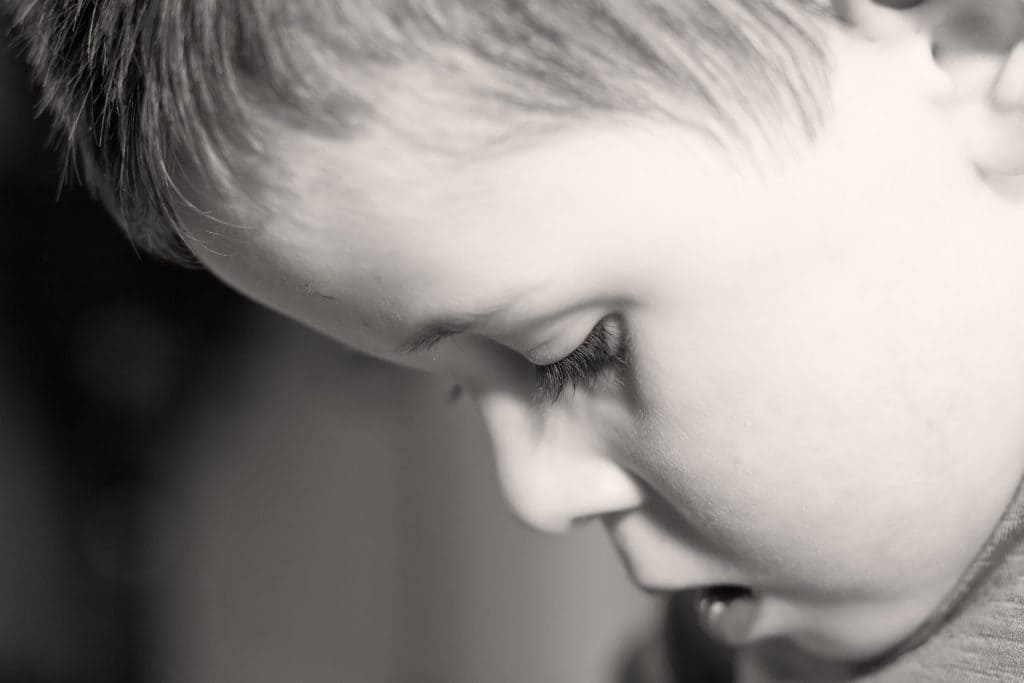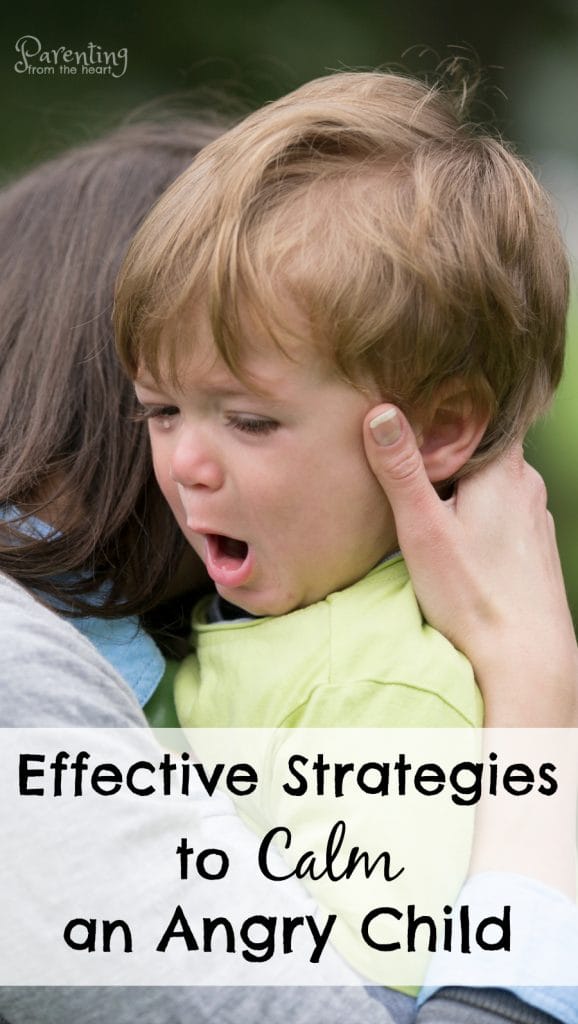A spirited, strong-willed, intense, or angry child… these are all terms that we often use, or hear to…
A spirited, strong-willed, intense, or angry child… these are all terms that we often use, or hear to describe kids with strong emotions. What we don’t always know is how to help them calm down, or how to teach them to achieve calm themselves. It is especially difficult when you don’t know what has triggered your child or when you’re in the midst of something important. Everything stops for an angry episode. Here are is what research says is the best way how to calm an angry child. These strategies are rooted in positive parenting.

My son’s twin best friends had arrived for their playdate. Because my son and daughter are just over a year apart, my daughter has become fast friends with the twins too.
In no time, Paw Patrol characters consumed our family room. We lined up all of the figures and each child took a turn to pick the ones they wanted. All was well as the four kids collaborative play sprawled out across the floor.
As the morning unfolded, the figures became less appealing…
Wasting no time, my daughter decided to take out an armload of blankets. Soon, the kitchen table transformed into a well-secured fort. It was a fortress to encapsulate their wild imaginations.
Eventually, one of the twins made her way back to the Lookout, playing with the forgotten characters. Unknowingly, this was a huge trigger for my son.
Whether he leaves something he has been using for 30 seconds or 30 minutes, my spirited guy thinks he retains the right to that item. For example, he can be sitting in a chair and decide to go down to the basement to play. Later, if he finds someone in his spot, he’s furious.
On this previously peaceful morning, my son completely lost it. He went from happily playing to inconsolably angry. He started screaming, through one of his pups, and collapsed on the floor.
When he’s like this, I remove him from the situation both to calm him and to make sure he doesn’t hurt anyone.
For children who are spirited or quick to anger, this can become especially important. Learning to calm down can be tough for some kids. Temperaments vary and some, like my son, might have more difficulty with this than others, however, there are some ways that we as parents can help our children learn how to calm down.
Related reading: Help an Angry Child Calm Down Plus 8 Calming Tools to Use Anywhere

Some of the most current research has taught us that punishment and traditional discipline doesn’t work. When we punish children’s feelings, they can become angrier and more hostile. Or, they repress their emotions to avoid punishment.
If you’re someone who suppresses your upset feelings, you… still feel angry—after all, anger is a natural, healthy emotion we all experience—but instead of the resolution that comes with acknowledging your anger and resolving what triggered it, you just stay angry. You don’t express your feelings straightforwardly, but since you can’t truly suppress anger, you express your feelings through passive-aggressiveness.
– Dr. Andrea Brandt
When attempting to shape behavior, empathy, respect and understanding tend to make the greatest impact.
While experiencing intense emotions, a child may hit, kick, throw or scream, generally engaging in aggressive or destructive behavior, which makes it tough to keep our cool as parents.
However, the way we react to our child’s behavior impacts the way they will behave in the future. In reacting with love and empathy, we not only help them calm down in the moment, but we can provide them with the tools and the confidence to do so themselves over time.
Related reading: Why Punishing Tantrums Doesn’t Work and What to do Instead
By reacting to intense emotions with love, empathy and respect, we can help our children calm down. At this point, we can help teach calming tools for them to use on their own or with our help in the future.
Related reading: In the Heat of the Moment, This Simple Action Will Help Your Child
These calming tools can also be practiced when your child is already in a state of calm, this way, they can rely on them when they need them, keeping them in their back pocket.
Check out this bonus resource: 7 Step Parenting Success System
Ask any parent who has watched a two‑year‑old “fail” to hear the call to put on shoes—only to…
Being a teenager is like standing on a bridge between childhood and adulthood. It’s exhilarating, confusing, lonely, and…
Toddlers can be confusing, to say the least. One moment they’re clinging to your leg like a baby…